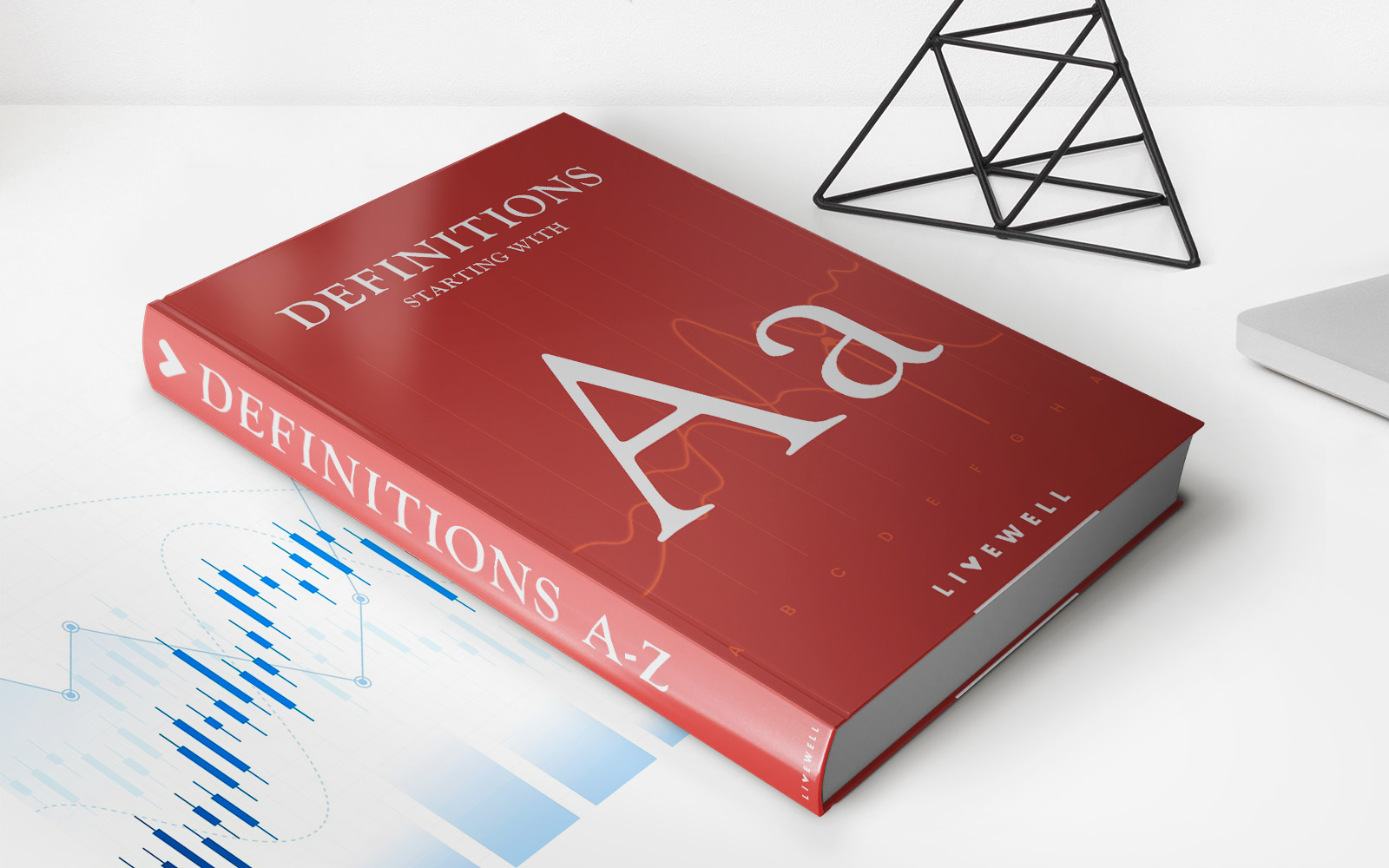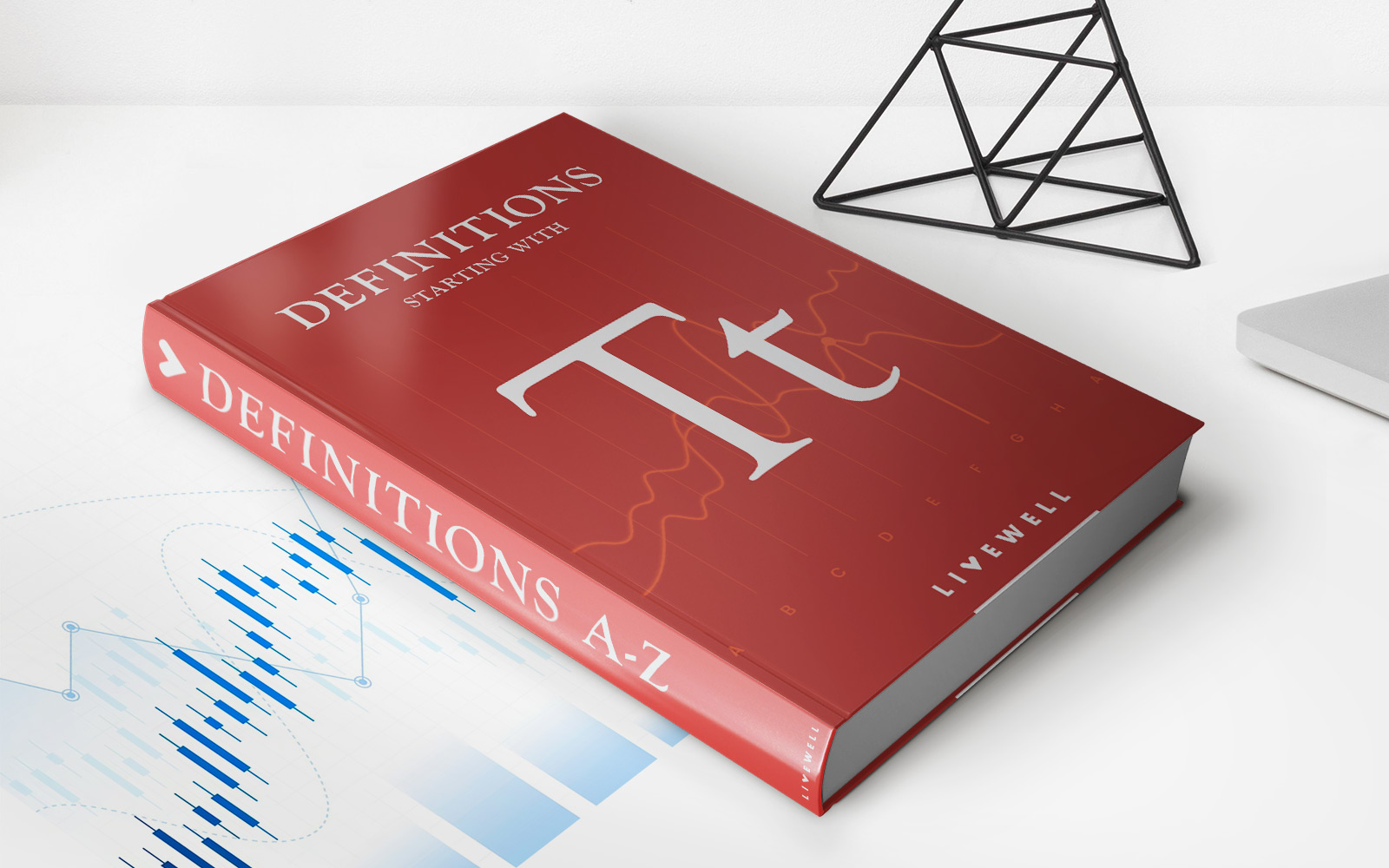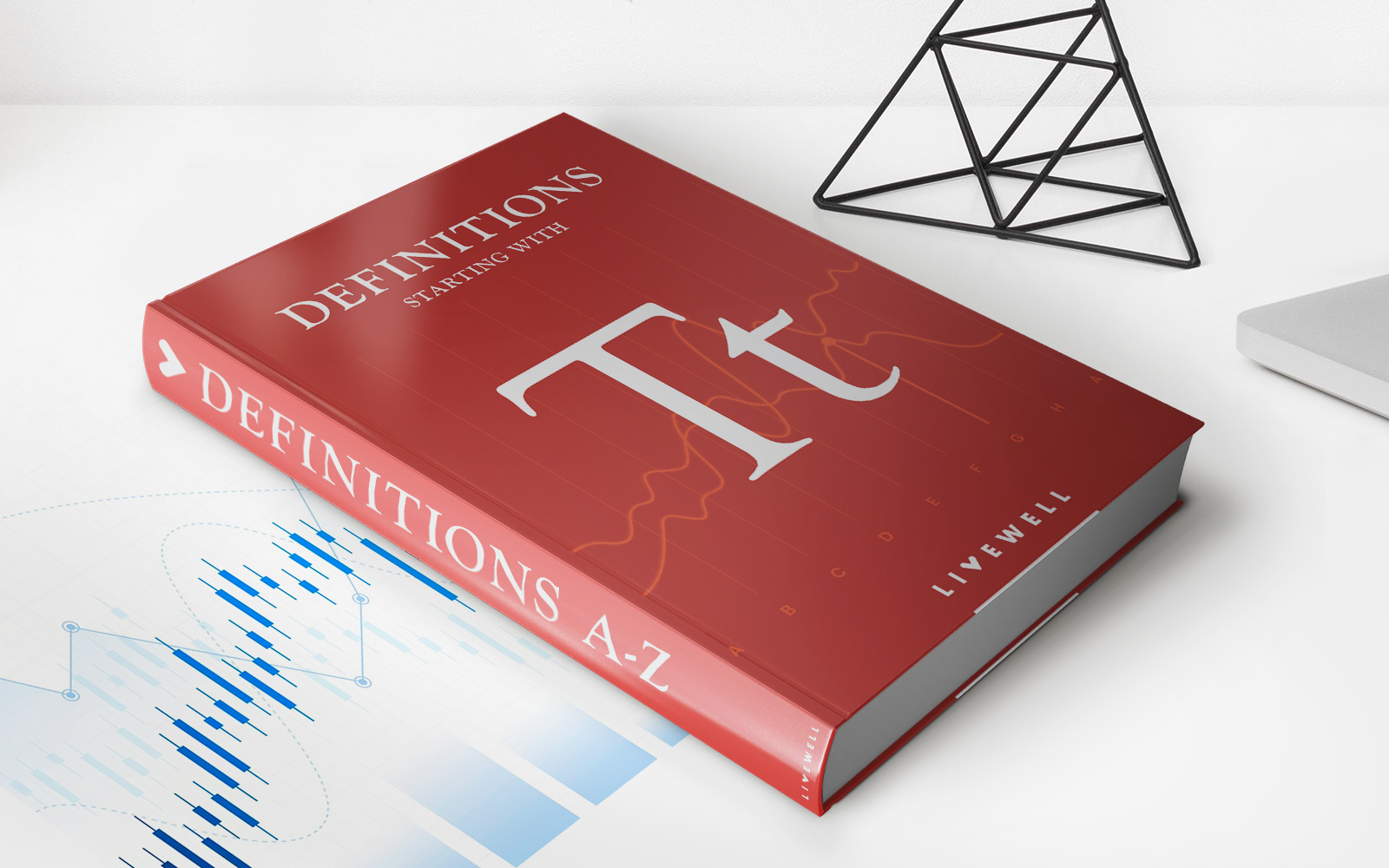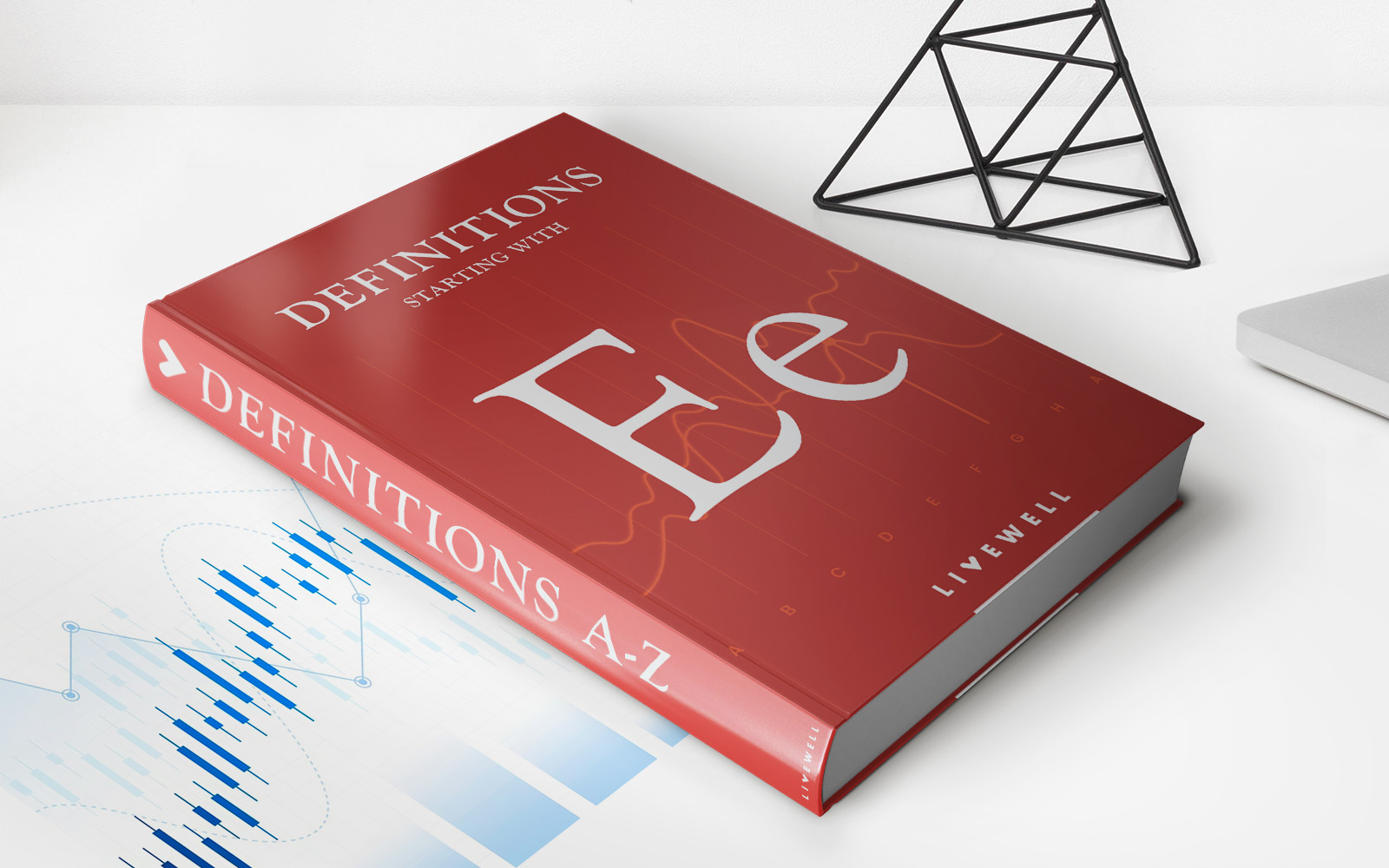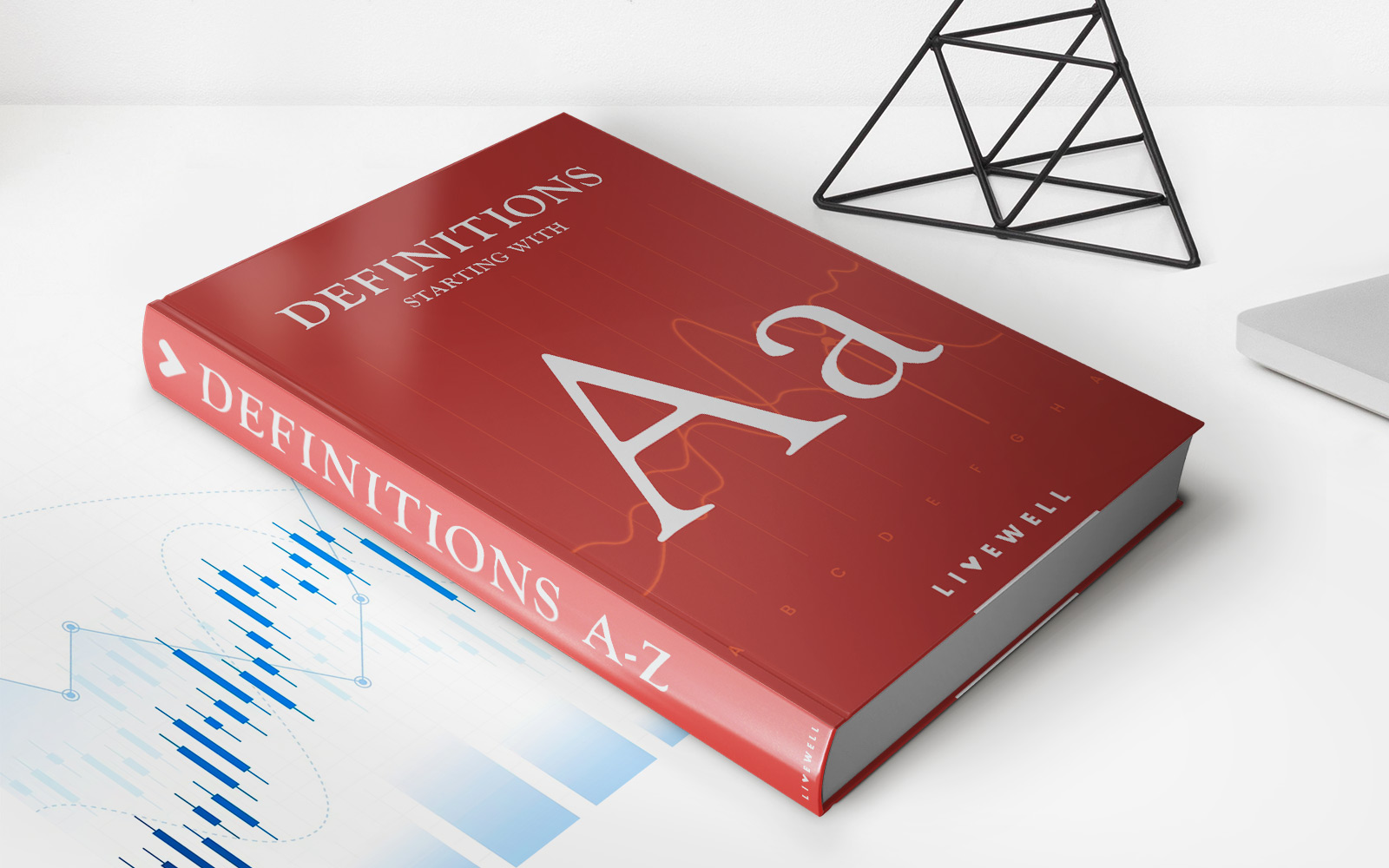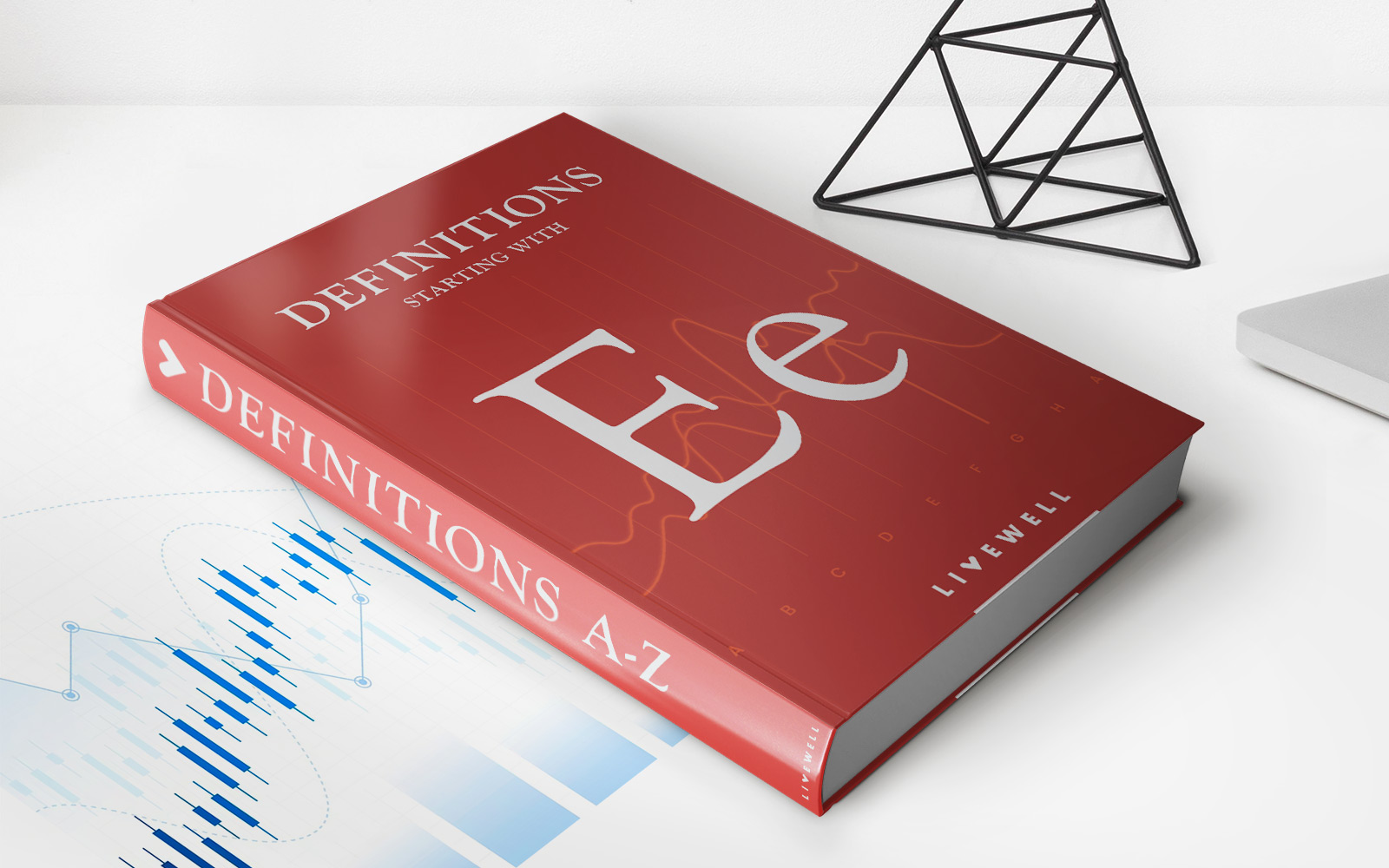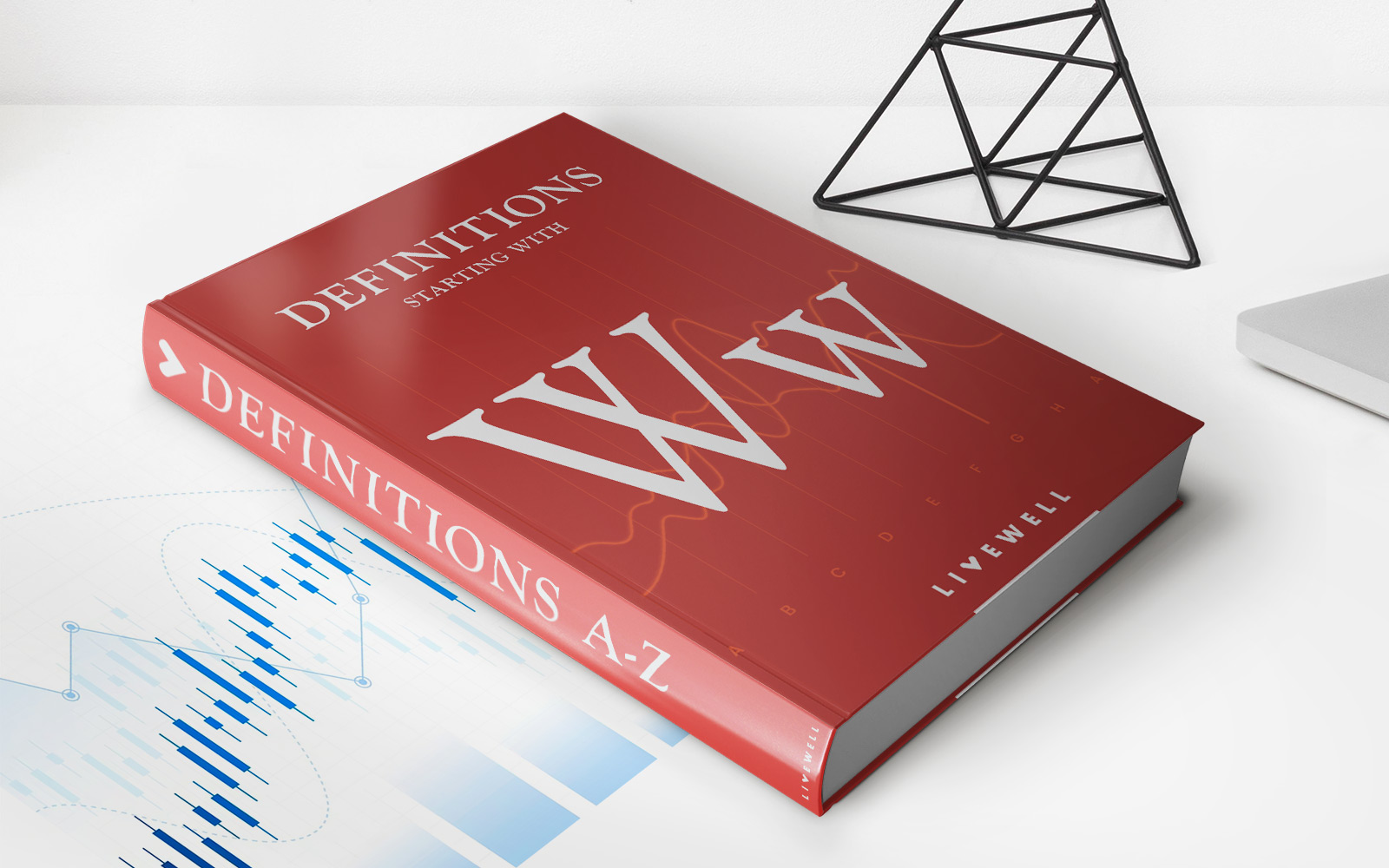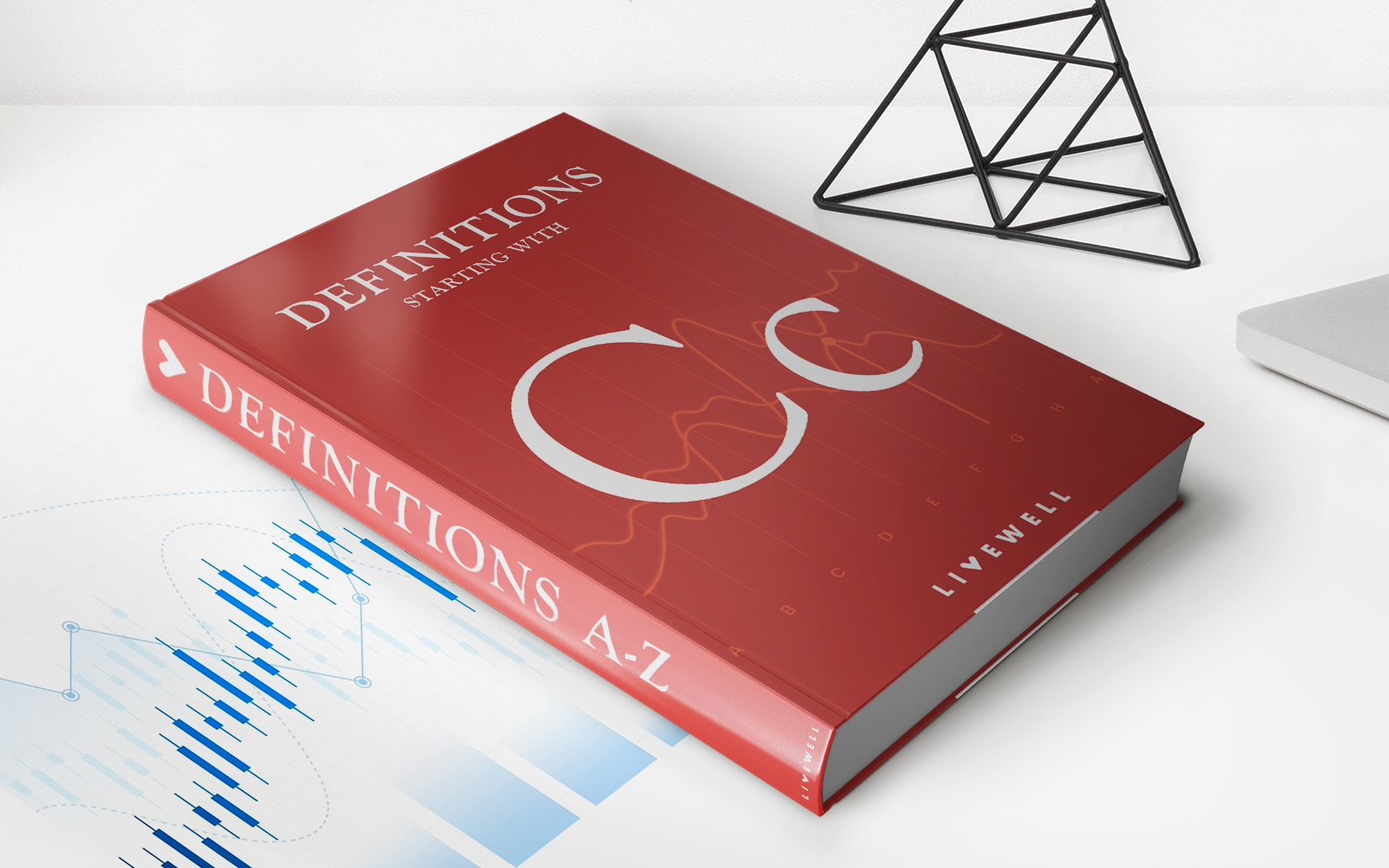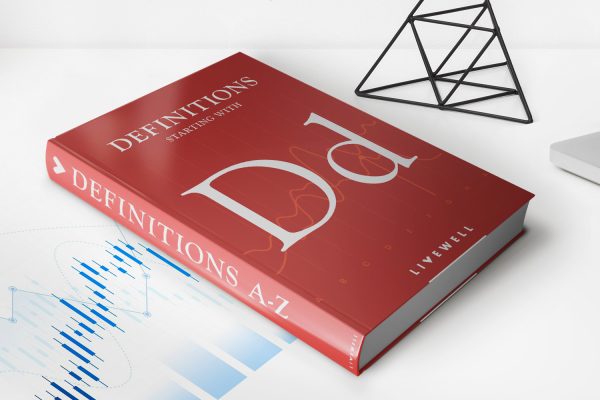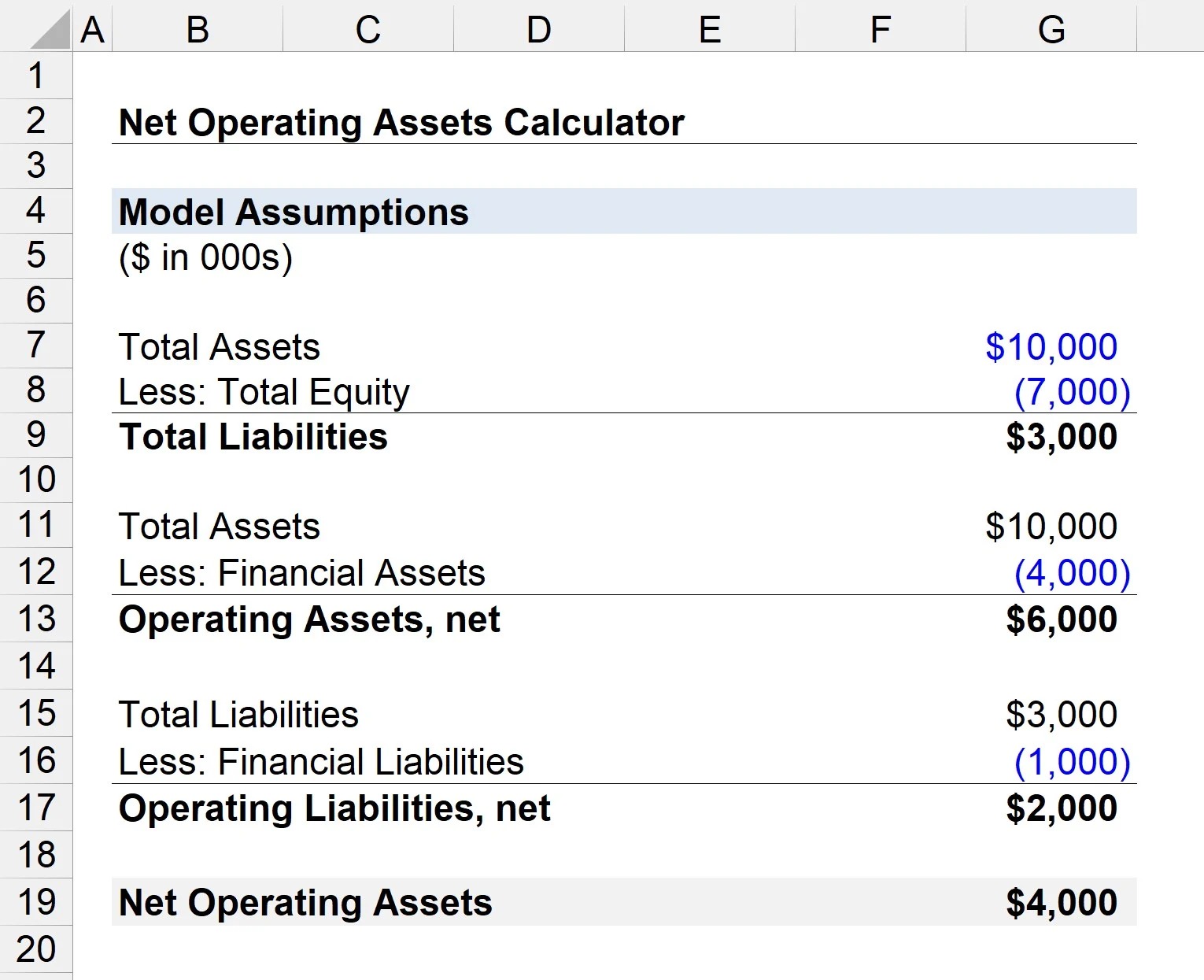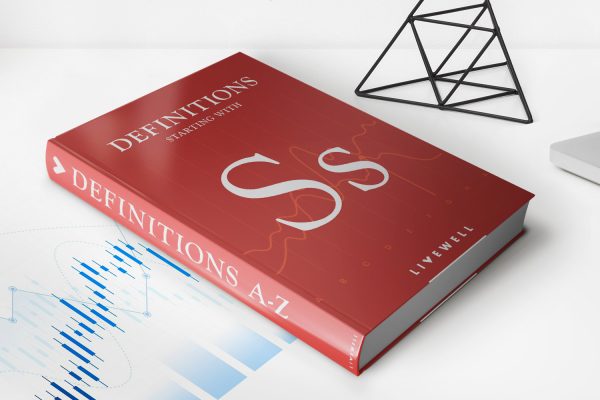Home>Finance>What Is The Knowledge Economy? Definition, Criteria, And Example
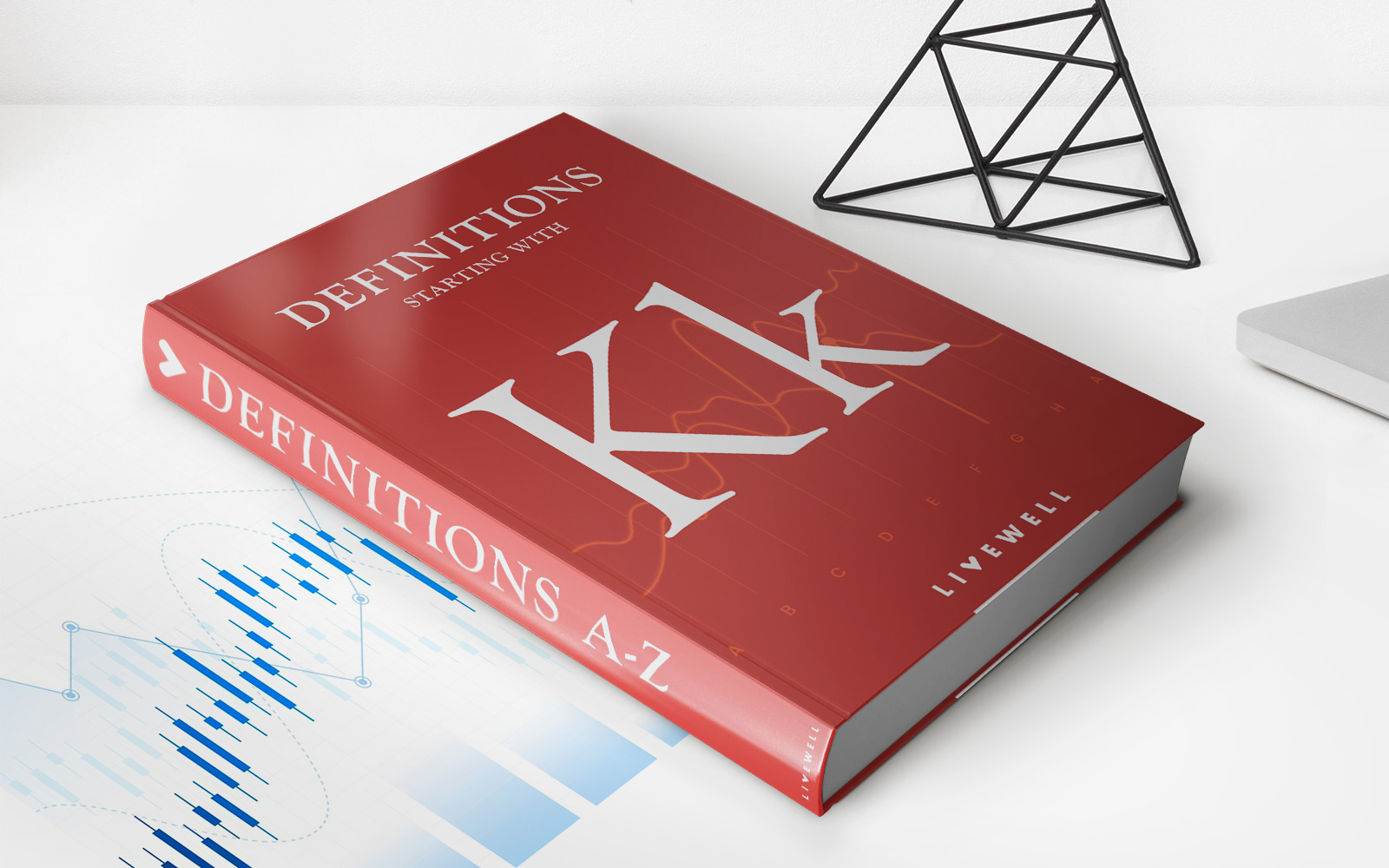

Finance
What Is The Knowledge Economy? Definition, Criteria, And Example
Published: December 15, 2023
Discover the concept of the knowledge economy in finance, including its definition, criteria, and a real-life example. Enhance your understanding of this key economic concept.
(Many of the links in this article redirect to a specific reviewed product. Your purchase of these products through affiliate links helps to generate commission for LiveWell, at no extra cost. Learn more)
Welcome to my Finance Blog!
The Importance of Understanding the Knowledge Economy
Have you ever wondered about the concept of knowledge economy and how it impacts our lives? In this blog post, we’re going to delve into the world of finance and explore the definition, criteria, and examples of the knowledge economy. By understanding this concept, you’ll gain valuable insights into the modern economy, its driving forces, and how it affects businesses and individuals alike.
Key Takeaways:
- The knowledge economy is characterized by the importance of intellectual capital and knowledge-based skills.
- It empowers innovation, productivity, and growth in industries such as technology, finance, and healthcare.
Defining the Knowledge Economy
The knowledge economy refers to an economic system where the production and use of knowledge are key drivers of economic growth. In this era, knowledge has become a valuable asset and a vital resource for organizations and nations. It goes beyond traditional factors of production like land, labor, and capital, emphasizing the significance of intellectual capital and knowledge-based skills.
In the knowledge economy, innovation and the ability to create and leverage knowledge have become crucial for businesses to gain a competitive edge. Organizations that embrace technological advancements, invest in research and development, and foster a culture of continuous learning are more likely to thrive in this ever-evolving landscape.
Criteria for Knowledge Economy
Identifying a knowledge economy involves analyzing a few key criteria:
- Investment in Education: A knowledge-based economy invests in education and develops a skilled workforce equipped with expertise in areas such as science, technology, engineering, and mathematics (STEM).
- Access to Information: It is essential for individuals and businesses to have access to the latest information and knowledge through channels like the internet, libraries, and research institutions.
- Technological Innovation: Advancements in technology play a pivotal role in the knowledge economy, enabling the creation, dissemination, and application of knowledge on a global scale.
- Intellectual Property Protection: Encouraging innovation and creativity necessitates robust intellectual property rights to incentivize individuals and organizations to invest in research and development.
Examples of the Knowledge Economy
The knowledge economy is pervasive, influencing various sectors and industries. Let’s explore some examples:
- In the technology industry, companies like Apple, Google, and Microsoft excel because they continuously innovate and harness knowledge to create cutting-edge products and services.
- In finance, the knowledge economy enables the development of algorithms and predictive models to enhance investment strategies and financial decision-making.
- In healthcare, advancements in medical research and the use of data-driven technologies have revolutionized treatments and patient care.
- In education itself, the knowledge economy has facilitated the growth of online learning platforms, expanding access to education globally.
These examples emphasize how knowledge and innovation have become fundamental drivers of success, transforming industries and shaping our world today.
In Conclusion
The knowledge economy is a transformative force that has redefined traditional economic models. Understanding its definition, criteria, and examples is crucial for individuals, businesses, and nations looking to thrive in this dynamic era. By investing in education, embracing innovation, and fostering a culture of continuous learning, we can harness the power of the knowledge economy for a brighter future.
